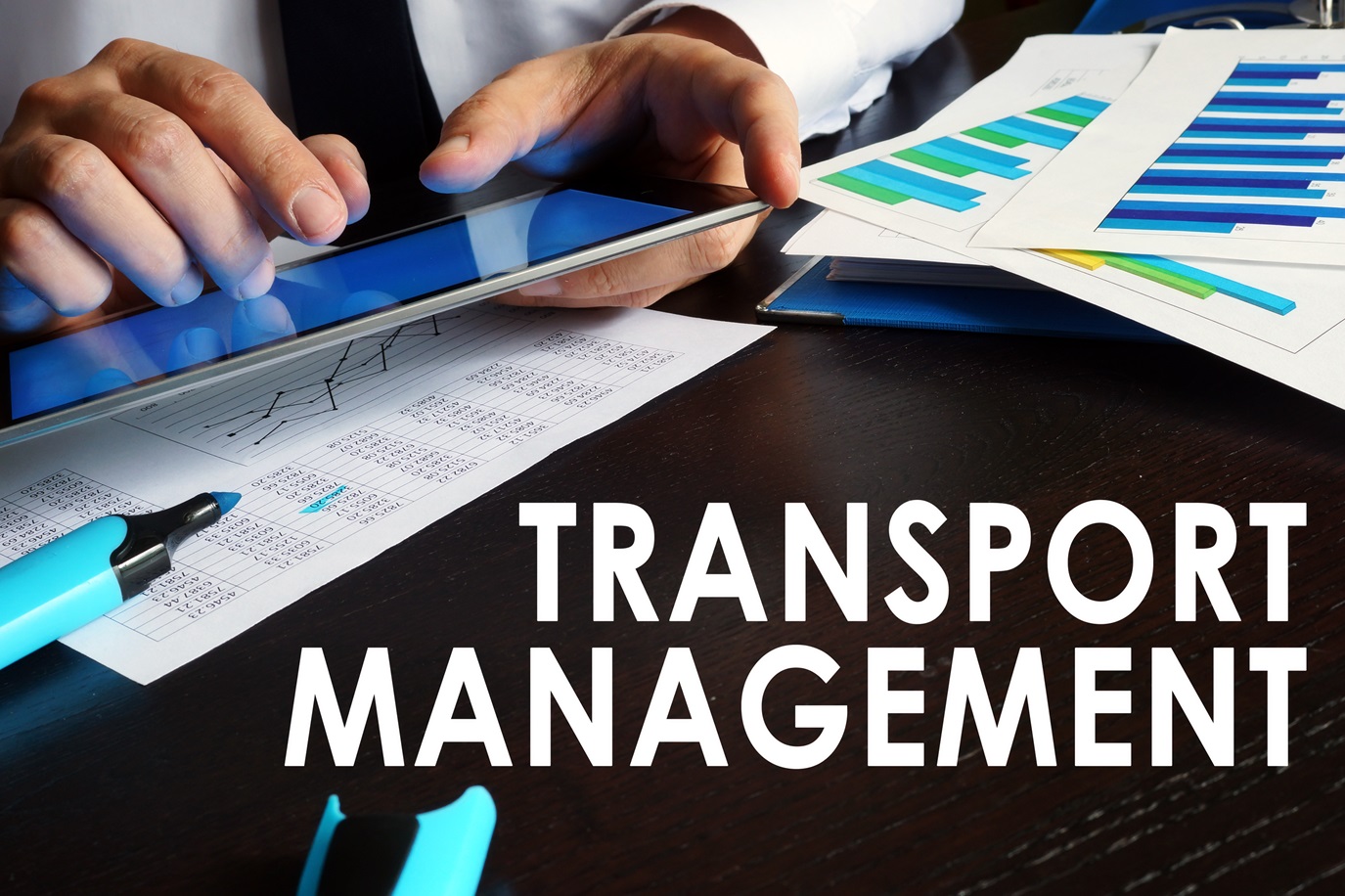
Forecasts from a year ago, which predicted a decline in global GDP and trade in goods in 2023, unfortunately came true. As a result, sea and rail transport, contract logistics and, in particular, long-distance road transport have suffered greatly.
The economic slowdown turned out to be an unpleasant surprise for the owners of transport companies, who now have to face the threat of significant losses. The market is saturated with overcapacity, and competition in the transport industry is becoming increasingly fierce. The situation may not improve until at least a year from now.
The situation of the Polish transport industry against the backdrop of a global crisis
Forecasts for the coming months are also not optimistic. Experts clearly point out that the main problem is the economic crisis in Europe, especially limited consumption. As long as the European economy does not start to show signs of improvement, freight availability will not improve and the transport situation may continue to deteriorate.
Moreover, the market has been further disrupted by the mobility package, i.e. a set of EU regulations regarding international road transport. The package aims to improve drivers’ working conditions, protect the environment and ensure fair competition. However, for Polish carriers, the new regulations may mean a decrease in profitability. The mobility package introduces, among other things, the obligation to pay drivers the minimum wage of countries where transport takes place, which results in a significant increase in the average remuneration of drivers.
The mobility package also limits the possibility of carrying out transport that does not start or end in the country of the carrier’s registered office. Polish transport companies have a large share in this market segment and may lose up to 20% of the market share in international transport. At the same time, transport that begins and ends in Poland may become subject to fierce price competition.
The package imposes on carriers the obligation to comply with many regulations and procedures regarding documentation, inspections, working time and equipment of vehicles, which is associated with increasing costs. Failure to comply with the regulations may result in high penalties or even the loss of a license to provide transport services.
Risk of losing the leadership position or a chance for development?
According to Eurostat, in 2022 Poland was a leading player in road goods transport in the European Union, accounting for 20% of the total transport performance. However, can the crisis caused by the COVID-19 pandemic, the ongoing war in Ukraine, the increase in operating costs related to EU regulations and the pressure associated with increases in drivers’ salaries affect this position?
The effects of these events have strongly affected Polish road carriers. The demand for transport services is clearly lower than a year ago, even by 15-20%, and many companies are on the verge of bankruptcy. However, the long-term perspective is not completely bleak. Despite the market difficulties, there are several factors that allow us to believe that Poland will continue to dominate the European transport sector.
Flexibility, collaboration and digitalisation as success factors
The strength of Polish entrepreneurs lies in their ability to react quickly to changes and adapt to new conditions. Domestic companies have been showing for years that despite very drastic changes in the world, they can effectively adapt to the new reality. This flexibility and understanding of the needs of business partners allows them to conquer new markets in Europe and beyond. This could be seen in the relatively successful fight against the COVID-19 pandemic, with the effects of which the Polish economy coped best in Europe.
The situation of the industry is also affected by the ongoing conflict in Ukraine. As Ukraine’s main ally and gateway to trade with the European Union, Poland has felt a clear change in the needs of the market in relation to the transport of goods. While there is nothing positive about war, helping Ukraine allows us to strengthen our business relationships. Cutting off access to the Black Sea and suspending air traffic meant that we began to take over transports that until recently bypassed Poland, as other transport routes were preferred. As a result, there is an increase in demand for logistics services of companies involved in rail, road and sea transport. Polish companies are trying to adapt to the needs of our eastern neighbor by investing in new vehicles and building warehouses.
Another factor that can help Polish transport companies come out of the crisis period relatively unscathed is the intensive development of modern technologies. With the development of artificial intelligence (AI) and solutions for collecting, processing and managing data, as well as the growing possibility of using cloud computing, new perspectives are opening up for the transport industry. Digital innovation will be key to reducing operating costs, delivering high value-added services and adapting quickly to changing customer needs. Digitisation and automation of transport are extremely complex processes, but they are currently one of the key factors allowing companies to increase their competitiveness on the market.
The Polish transport industry is currently facing challenges that require flexibility, collaboration and investment in innovation. Only by effectively adapting to new market realities and implementing efficient and sustainable technological solutions will the transport industry be able to survive this difficult period and find its way in the changing economic landscape. For many companies it may be too difficult to do, but for those who will be able to use this moment to invest, it may be the beginning of long-term benefits.


